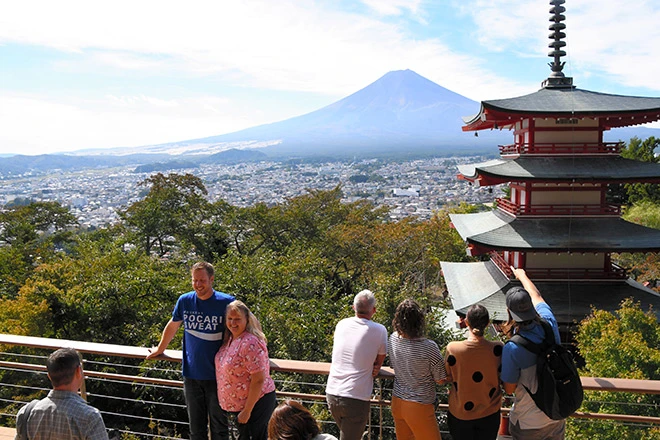
Japan, a beautiful blend of ancient traditions and modern marvels, attracts millions of tourists every year. Its unique culture, history, and landmarks promise an experience unlike any other. But like every travel destination, Japan has its own set of rules and customs that visitors should be aware of. Here’s a guide to help you make the most of your visit to the Land of the Rising Sun.
-
Respect for Traditions
Japan holds its traditions in high regard. Whether you’re visiting a Shinto shrine, watching a tea ceremony, or even entering someone’s home, be aware of the customs associated with that activity. For instance:
- Removing shoes: Before entering homes, certain accommodations, or traditional establishments, you’ll be expected to take off your shoes.
- Bowing: It’s a form of greeting and showing respect. The deeper and longer the bow, the more respect is shown.
-
Cash is King
While credit cards are gradually gaining acceptance, cash remains the preferred payment method, especially in rural areas. Always have some yen on hand. ATMs at post offices and convenience stores usually accept international cards.
-
Public Transportation
Japan’s public transportation system is impeccable. Trains are punctual, and bus routes cover even the remotest regions. Ensure you understand the ticketing system, and if you plan to travel extensively by train, consider getting a Japan Rail Pass for unlimited rides.
-
Language
While English is widely taught in schools, not everyone is fluent. It’s helpful to know basic Japanese phrases or carry a phrasebook. Smartphone translation apps can also be a lifesaver.
-
Tipping is Uncommon
Unlike many western countries, tipping isn’t customary in Japan. Offering a tip can even be considered rude in some situations. Instead, a simple “arigatou” (thank you) is enough to show your appreciation.
-
Waste Management
Japan is known for its cleanliness, yet public trash bins are rare. Tourists often carry their trash with them until they find a place to dispose of it. Also, be aware of the recycling rules and separate waste accordingly.
-
Bringing Foodstuff to Japan
If you’re considering bringing food items to Japan, you need to be very careful. Japan has strict regulations concerning the importation of foodstuffs due to concerns about diseases and pests. Some foods that might be everyday items in your country could be prohibited in Japan.
Would you like to know more about what food items you can or cannot bring to Japan? Detailed guidelines and insights can be found here: https://www.jluggage.com/blog/travel-tips/can-i-bring-food-to-japan/
-
Etiquette in Public Places
- Talking on phones: It’s frowned upon to talk on the phone in public transports. If you must answer a call, do so quietly or step outside.
- Queueing: Japanese people are disciplined when it comes to forming and waiting in lines. Always follow this practice.
-
Onsen Etiquette
Onsen (hot springs) are a must-visit. But remember, you must wash and rinse your body thoroughly before entering the communal bath. Swimwear is not allowed, and tattoos might be frowned upon in some onsen.
Conclusion
Traveling to Japan offers a rewarding experience, filled with beauty, culture, and history. To ensure a smooth and respectful journey, familiarize yourself with these guidelines. You’ll not only enhance your travel experience but also deepen your appreciation for the intricate Japanese culture. Safe travels!





